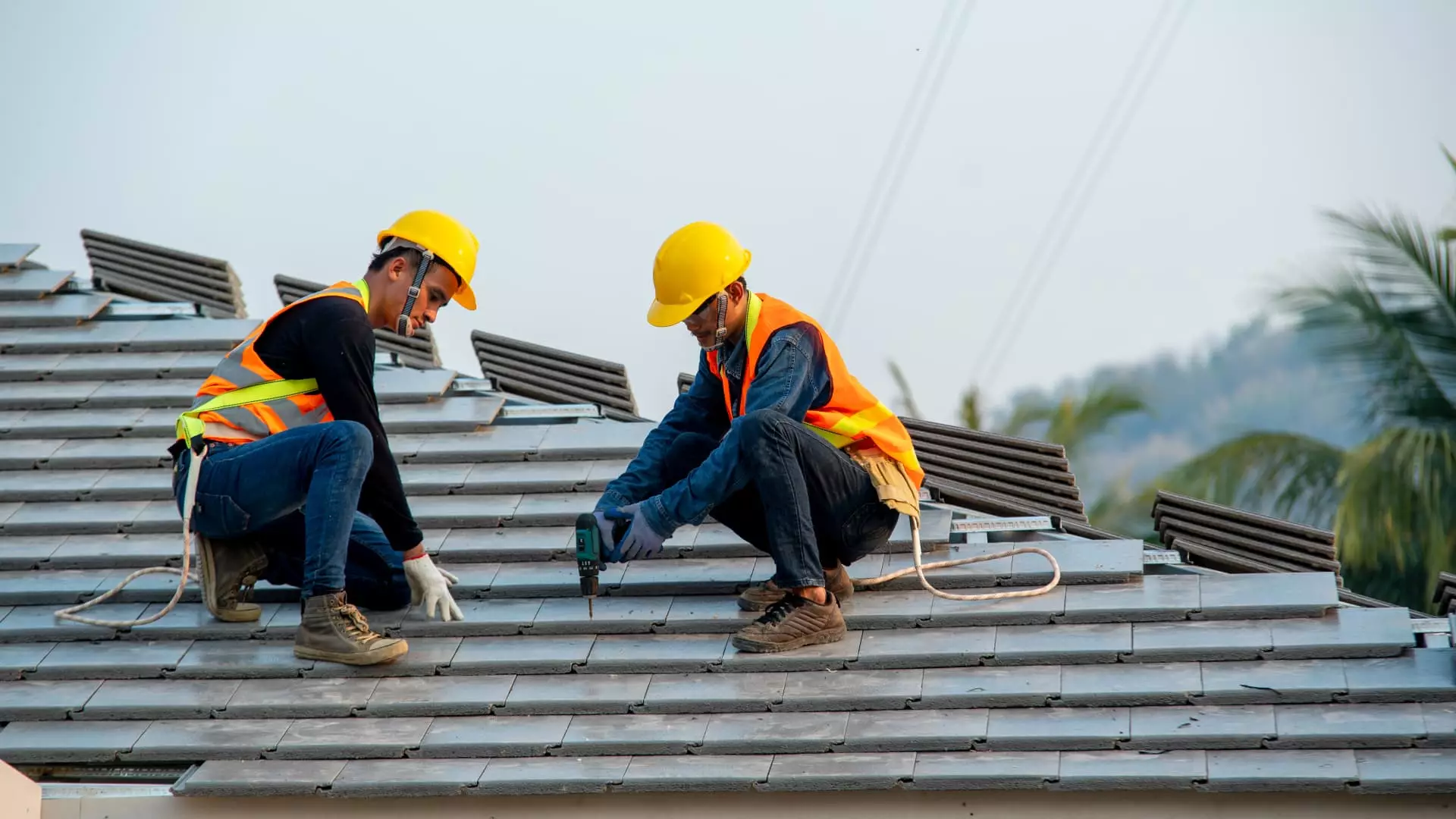Home repairs and renovations can place significant financial strain on homeowners. A recent report by Clever Real Estate highlights an alarming trend: approximately one-third of homeowners are open to hiring contractors who may not have the best reputations or possibly even gaps in their professional histories in an effort to save money. While cost-saving measures are essential, this approach can lead to greater expenses and complications in the long run.
According to the survey, the most critical factor for homeowners when choosing a contractor is reputation. A striking 25% of respondents prioritize a contractor’s track record over other factors such as experience (23%) and cost (19%). Indeed, in the face of pressing renovation needs, it’s tempting to overlook warning signs such as a questionable reputation. Jamie Dunaway-Seale, the report’s author, describes a “questionable contractor” as someone who might not be transparent with pricing, may lack the necessary skills, or fails to deliver satisfactory work. Angie Hicks, co-founder of Angi, suggests that taking a chance on a less-experienced professional could be a safer bet than hiring someone with an unreliable history, reinforcing the idea that a contractor’s integrity should never be understated.
Hicks further notes that the risk of contractor fraud spikes following natural disasters, where unscrupulous individuals might exploit homeowners’ vulnerabilities. The aftermath of these events often attracts fraudulent contractors who claim to offer essential services, ultimately taking money without delivering on their promises. A key takeaway is to tread cautiously and ensure that the contractor hired is legitimate, particularly in times of crisis.
Natural disasters can create urgent demands for repairs that can cloud judgment. As hurricanes and other disasters unfold, homeowners often find themselves navigating through insurance claims while also seeking dependable contractors for pressing repairs. Loretta Worters from the Insurance Information Institute warns that the potential for being victimized by fraud is high in such situations. After a storm, the need for reliable contractors becomes paramount, particularly for repairs like roofing, which is a common requirement after severe weather events.
Hicks emphasizes the importance of hiring local contractors who can provide warranties for their work, reinforcing that a quality roof is a long-term investment that needs assurance. Having a sturdy roof is not just about immediate needs but also about future protection against the elements. Homeowners should take the time to thoroughly vet potential contractors, ensuring they possess appropriate credentials and a proven track record.
Strategies for Vetting Contractors
Finding trustworthy contractors in a saturated market can feel daunting. However, there are effective strategies to mitigate risks during the hiring process. Begin by leveraging personal networks; seek recommendations from friends, family, or neighbors who have had positive experiences. Furthermore, online reviews can supplement this initial search, offering insights into other customers’ experiences.
Once you narrow down your options, requesting references becomes crucial. Engaging with past clients can provide a clearer picture of the contractor’s reliability and quality of work. Red flags are abundant when a contractor is unwilling to share references, indicating potential issues with past performance.
Another essential part of the vetting process involves verifying credentials and insurance. All reputable contractors should be certified and insured. The National Association of Home Builders points out that although not every state mandates licensing, those that do provide resources for consumers to verify proper documentation. The Federal Trade Commission and the Consumer Financial Protection Bureau offer guidance on how to identify scams, making it a priority for homeowners to be equipped with knowledge.
Once you select a contractor that seems promising, clear communication is paramount. Request written estimates detailing the costs, project scope, and payment schedules to avoid ambiguity later on. Experts advise that upfront payments should not exceed 10 to 20% of the total job cost, ensuring that you protect yourself financially.
Moreover, obtaining multiple estimates helps homeowners gauge whether they are receiving fair pricing. If one contractor presents an offer that appears too good to be true, it typically warrants caution. As Hicks warns, if a deal seems overly favorable, it often is. Ultimately, taking the time to conduct thorough due diligence can save homeowners from further headaches down the line.
While the temptation to cut costs by hiring questionable contractors might be great, it’s essential to prioritize reputation and thorough vetting. A strategic approach to finding a reliable contractor not only safeguards your investment but can also lead to a smoother renovation experience.

